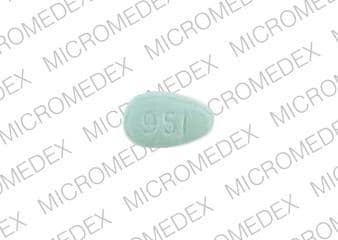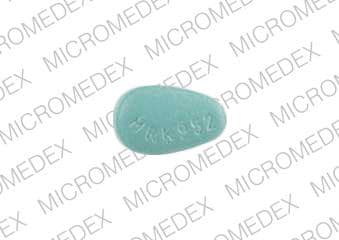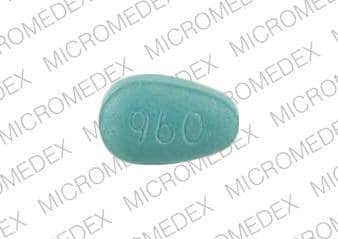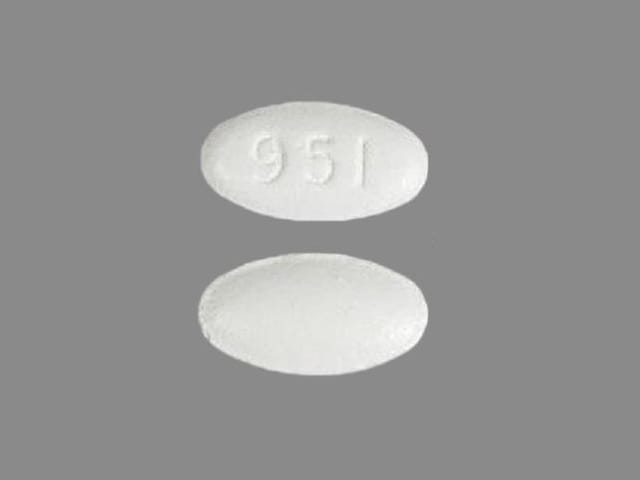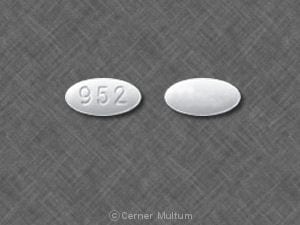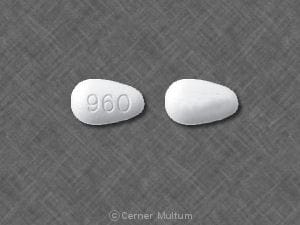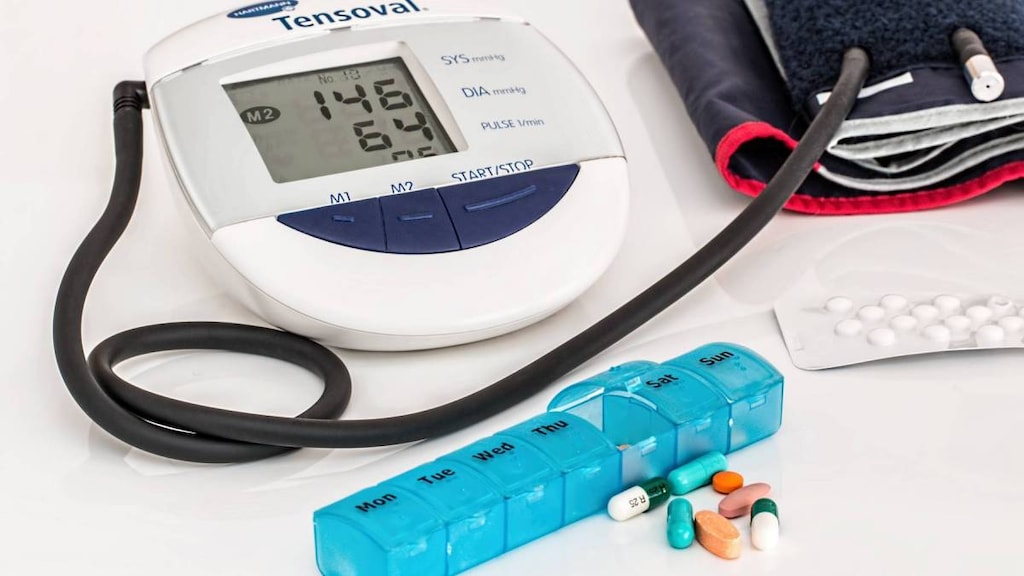What is Cozaar?
Cozaar is a prescription medicine called an angiotensin receptor blocker (ARB). It is used:
- alone or with other blood pressure medicines to lower high blood pressure (hypertension).
- to lower the chance of stroke in patients with high blood pressure and a heart problem called left ventricular hypertrophy. Cozaar may not help Black patients with this problem.
- to slow the worsening of diabetic kidney disease (nephropathy) in patients with type 2 diabetes who have or had high blood pressure.
Cozaar has not been studied in children less than 6 years old or in children with certain kidney problems.
High Blood Pressure (hypertension)
Blood pressure is the force in your blood vessels when your heart beats and when your heart rests. You have high blood pressure when the force is too much. Cozaar can help your blood vessels relax so your blood pressure is lower.
Left Ventricular Hypertrophy (LVH)
Left Ventricular Hypertrophy (LVH) is an enlargement of the walls of the left chamber of the heart (the heart's main pumping chamber). LVH can happen from several things. High blood pressure is the most common cause of LVH.
Type 2 Diabetes with Nephropathy
Type 2 diabetes is a type of diabetes that happens mainly in adults. If you have diabetic nephropathy it means that your kidneys do not work properly because of damage from the diabetes.
What is the most important information I should know about Cozaar?
- Cozaar can cause harm or death to an unborn baby.
- Talk to your doctor about other ways to lower your blood pressure if you plan to become pregnant.
- If you get pregnant while taking Cozaar, tell your doctor right away.
Who should not take Cozaar?
- Do not take Cozaar if you are allergic to any of the ingredients in Cozaar. See the end of this guide for a complete list of ingredients in Cozaar.
- Do not take Cozaar if you have diabetes and are taking a medicine called aliskiren to reduce blood pressure.
What should I tell my healthcare provider before taking Cozaar?
Tell your doctor about all of your medical conditions including if you:
- are pregnant or planning to become pregnant. See “What is the most important information I should know about Cozaar?" above.
- are breastfeeding. It is not known if Cozaar passes into your breast milk. You should choose either to take Cozaar or breastfeed, but not both.
- are vomiting a lot or having a lot of diarrhea
- have liver problems
- have kidney problems
Tell your doctor about all the medicines you take, including prescription and non-prescription medicines, vitamins, and herbal supplements. Cozaar and certain other medicines may interact with each other.
Especially tell your doctor if you are taking:
- potassium supplements
- salt substitutes containing potassium
- other medicines that may increase serum potassium
- water pills (diuretics)
- lithium (a medicine used to treat a certain kind of depression)
- medicines used to treat pain and arthritis, called non-steroidal anti-inflammatory drugs (NSAIDs), including COX-2 inhibitors
- other medicines to reduce blood pressure
How should I take Cozaar?
- Take Cozaar exactly as prescribed by your doctor. Your doctor may change your dose if needed.
- Cozaar can be taken with or without food.
- If you miss a dose, take it as soon as you remember. If it is close to your next dose, do not take the missed dose. Just take the next dose at your regular time.
- If you take too much Cozaar, call your doctor or Poison Control Center, or go to the nearest hospital emergency room right away.
What are the possible side effects of Cozaar?
Cozaar may cause the following side effects that may be serious:
- Injury or death of unborn babies. See “What is the most important information i should know about Cozaar?" above.
- Allergic reaction. Symptoms of an allergic reaction are swelling of the face, lips, throat or tongue. Get emergency medical help right away and stop taking Cozaar.
- Low blood pressure (hypotension). Low blood pressure may cause you to feel faint or dizzy. Lie down if you feel faint or dizzy. Call your doctor right away.
- For people who already have kidney problems, you may see a worsening in how well your kidneys work. Call your doctor if you get swelling in your feet, ankles, or hands, or unexplained weight gain.
- High blood levels of potassium
The most common side effects of Cozaar in people with high blood pressure are:
- "colds" (upper respiratory infection)
- dizziness
- stuffy nose
- back pain
The most common side effects of Cozaar in people with type 2 diabetes with diabetic kidney disease are:
- diarrhea
- tiredness
- low blood sugar
- chest pain
- high blood potassium
- low blood pressure
Tell your doctor if you get any side effect that bothers you or that won't go away.
This is not a complete list of side effects. For a complete list, ask your doctor or pharmacist.
Cozaar Images
General information about the safe and effective use of Cozaar
Medicines are sometimes prescribed for conditions that are not mentioned in patient information leaflets. Do not use Cozaar for a condition for which it was not prescribed. Do not give Cozaar to other people, even if they have the same symptoms that you have. It may harm them.
This guide summarizes the most important information about Cozaar. If you would like more information, talk with your doctor. You can ask your pharmacist or doctor for information about Cozaar that is written for health professionals.
How should I store Cozaar?
- Store Cozaar tablets at 59°F to 86°F (15°C to 30°C).
- Keep Cozaar in a tightly closed container that protects the medicine from light.
- Keep Cozaar and all medicines out of the reach of children.
What are the ingredients in Cozaar?
Active ingredients: losartan potassium
Inactive ingredients: microcrystalline cellulose, lactose hydrous, pregelatinized starch, magnesium stearate, hydroxypropyl cellulose, hypromellose, and titanium dioxide. Cozaar 25 mg, Cozaar 50 mg, and Cozaar 100 mg may also contain carnauba wax.
